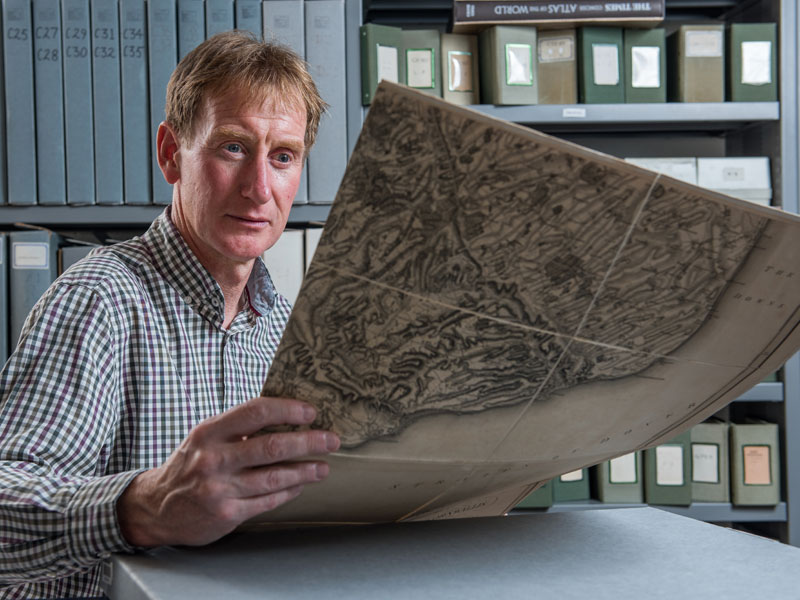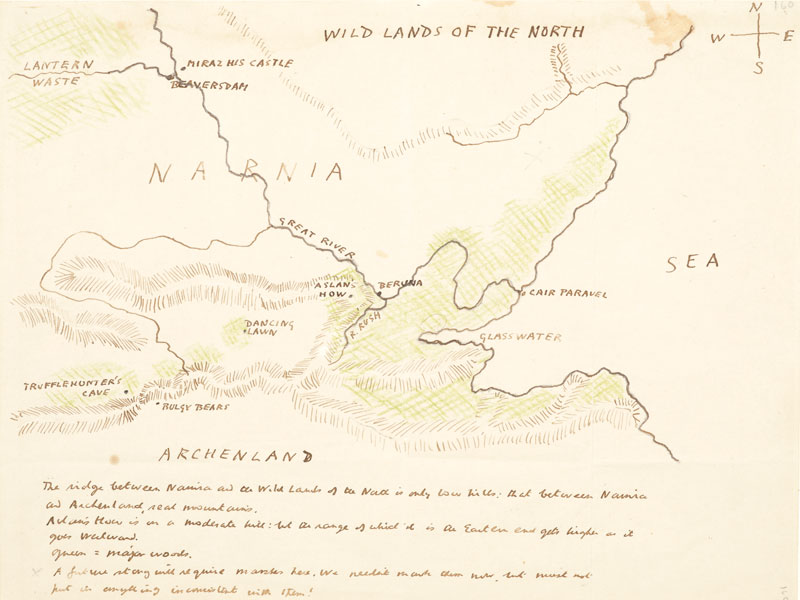The Bodleian is seeking public support for its unparalleled and internationally recognised collection of 1.3 million maps.
2019 is the year of the map at the Bodleian, during which it will be celebrating its maps, the stories they tell, and the people that made and use them. To launch this programme of activity, the Bodleian is hoping to raise over £50,000 towards the work of its Maps Department – home to one of the world's principal cartographic collections.

Led by Map Librarian Nick Millea, the department operates on an acquisitions budget of just £30,000 a year, and relies heavily on the generosity of donors to help preserve rare and historic maps for research and public exhibitions. 'We couldn’t grow and preserve our map collection without philanthropy,' says Nick. 'It's just great to know that there are people out there who have an interest in maps, and feel as passionately about them as we do.'
The money raised through the appeal will enable Nick and his team to make important new map acquisitions, both historic and modern. It will also allow them to support research at the highest level, preserve the most fragile maps, and bring the collection to life for new audiences through digitisation and exhibitions such as Talking Maps.

Running in the Weston Library from 5 July 2019 to 1 March 2020, Talking Maps will bring together many of the Bodleian's greatest map treasures. Highlights include The Gough Map, one of the greatest cartographic documents of the late medieval period; The Selden Map of China, the earliest surviving Chinese merchant map; C.S Lewis' maps of Narnia; a Tolkien map, and a significant WW1 trench map.
Richard Ovenden, Bodley's Librarian, says: 'We invite you to become part of the history of cartography by supporting the Bodleian's map collection today. All contributions will have a valuable impact in enabling us to share our treasured map collection more widely and to secure our precious materials for the benefit of future generations.'